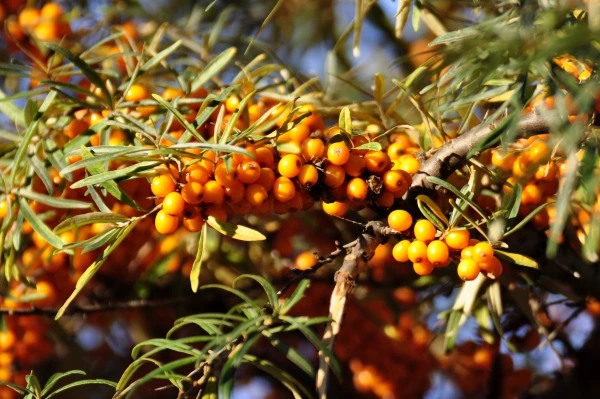
This day is dedicated to the memory of Saint Euphemios of Thessaloniki, who was born in 824.
At the age of 18, he left his wife and daughter to become a monk at the Pisidian monastery, where he spent 16 years.
In 858, Euphemios arrived at Mount Athos and then moved to the island of Saint Eustratius. In 863, he went to Thessaloniki, where he became a pillar saint. Euphemios restored the monastery on Mount Peristera, east of Thessaloniki, and later founded a women's convent. After ensuring the well-being of both monasteries, he returned to Mount Athos. He died in Palestine in 898, having arrived there a few months before his death.
Since the weather usually deteriorates during these days, there was a saying among the people: “Euphemios connects the roots of trees and herbs with the earth through cold, shelters insects in the grass, and induces sleep.”
During this period, peasants devoted time to working with flax: they scoured the flax, then sorted it by quality for various needs. From the waste after scouring, they wove ropes, made cords, caulked their huts with it, and laid it for animals.
Flax that had been combed and prepared for spinning was called tow.
Weather Signs
If it snows — it predicts a good harvest of grain next autumn. If the moon has circles and the sky is clear — it indicates frost. If the circles around the moon are red and blurry — there will be snowfall and wind. If a cat drinks a lot of water or a dog refuses food — it signals bad weather. If hens scratch — it will rain. If mosquitoes appear — it indicates a warm winter.


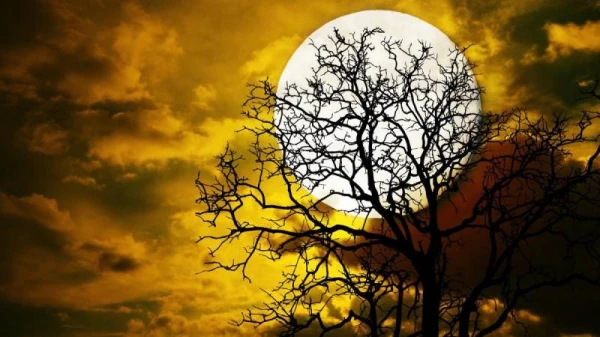
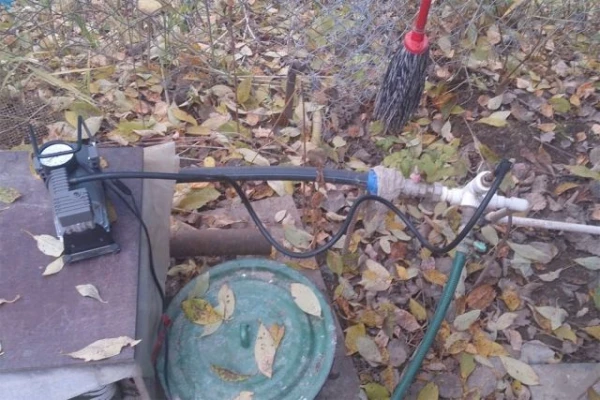


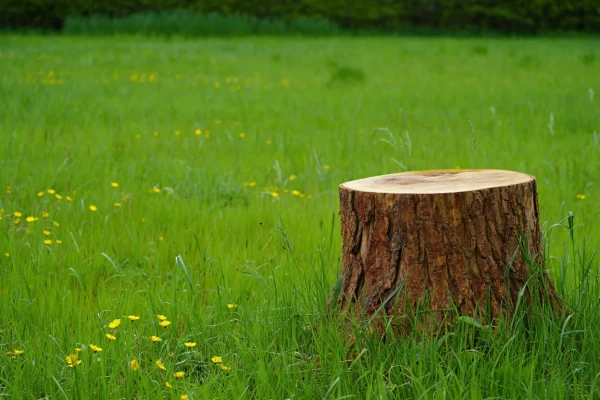

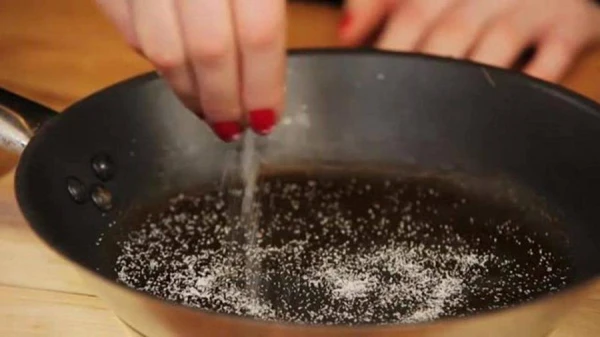


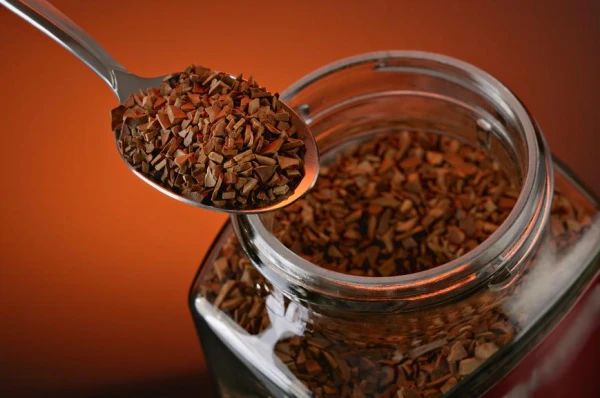



Leave a comment